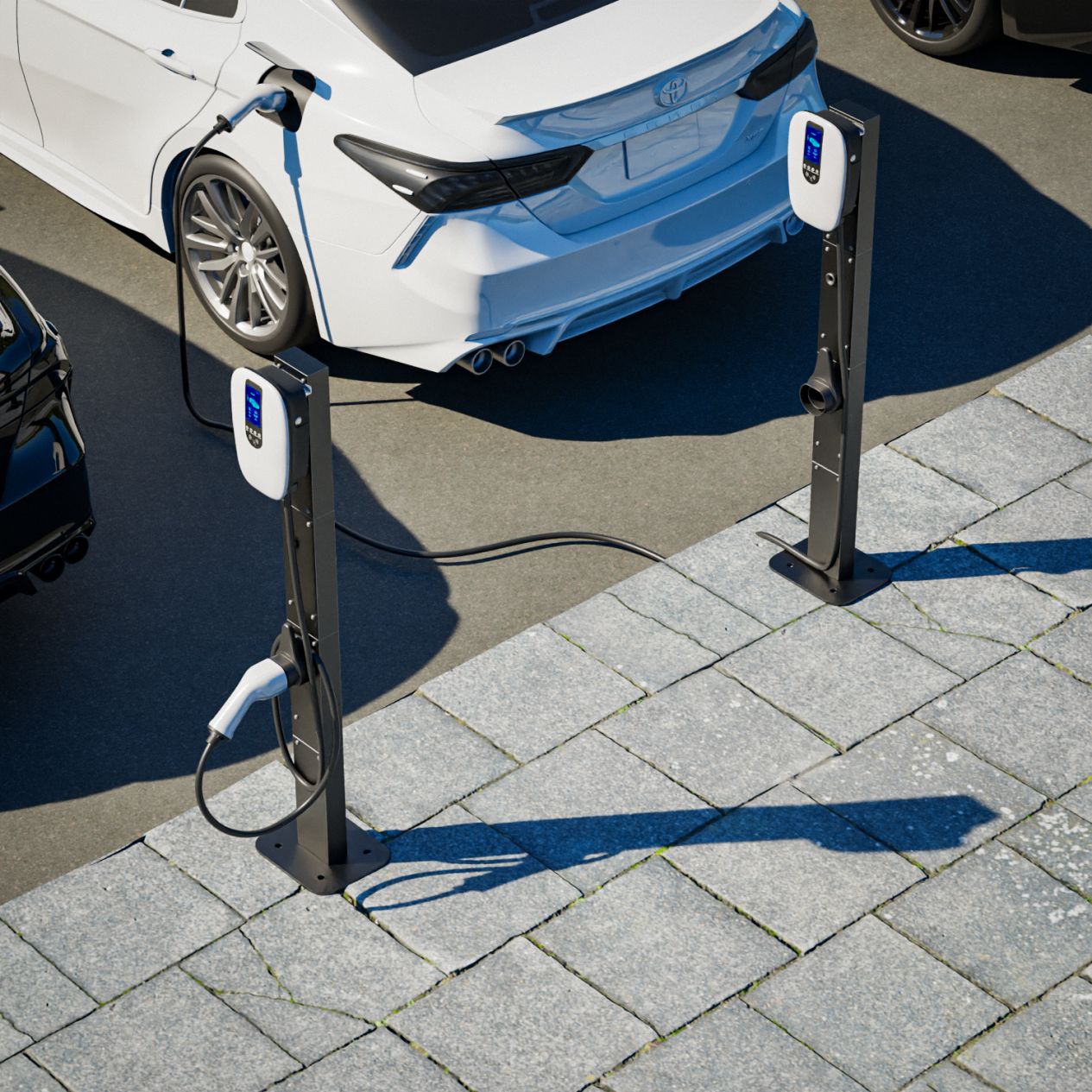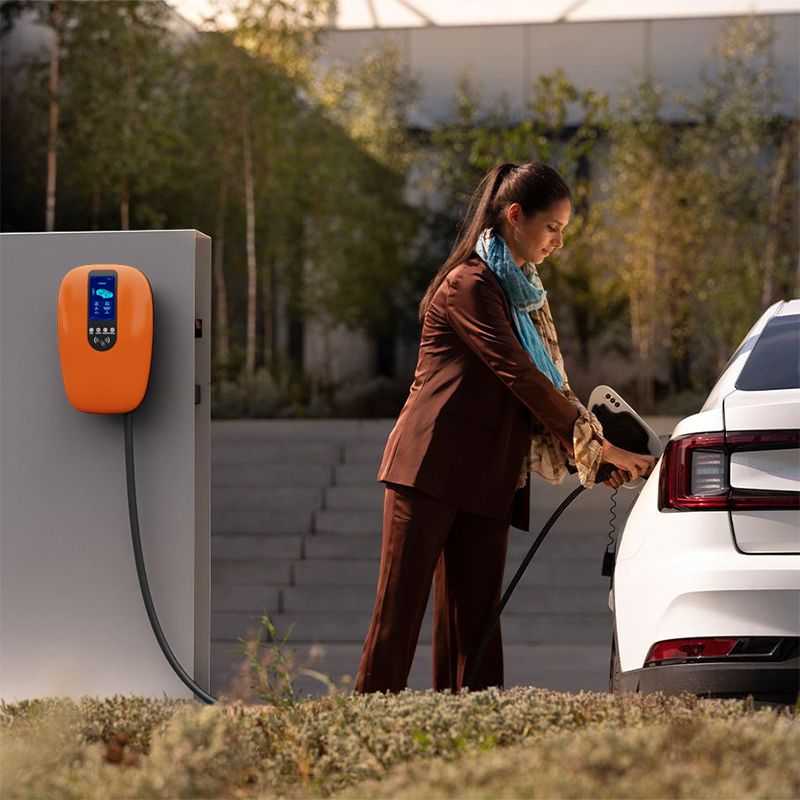Public charging stations for electric vehicles (EVs) play a crucial role in supporting the widespread adoption of electric transportation. These commercial chargers are designed to provide a convenient and efficient way for EV owners to recharge their vehicles while on the go. The requirements for a public charging station can vary depending on factors such as charging speed, compatibility with different EV models, and network connectivity.
One key requirement for a public charging station is a reliable power source. Most commercial chargers are connected to the electrical grid and require a robust power supply to ensure consistent and stable charging. The power source must meet the specifications of the charging station, taking into account factors such as voltage and current. Higher-powered charging stations, such as DC fast chargers, may require a more substantial power supply to deliver rapid charging speeds.
Another essential element is the charging infrastructure itself. This includes the physical charging unit, which typically consists of a charging cable, connectors, and the charging station itself. The station needs to be durable and weather-resistant, as it will be installed outdoors and exposed to various environmental conditions. The design should also consider user-friendly features, such as a clear user interface, easy-to-use payment systems, and appropriate signage to guide EV owners to the charging station.
Compatibility is a critical factor for commercial chargers. There are different charging standards and connector types used by various EV manufacturers. Common standards include CHAdeMO, CCS (Combined Charging System), and Tesla’s proprietary connector. A public charging station must support multiple standards to cater to a broad range of EV models, ensuring that users with different vehicles can access the charging infrastructure.
Connectivity and network capabilities are integral to the functionality of commercial chargers. Charging stations are often part of a larger network that enables remote monitoring, maintenance, and payment processing. These networks provide real-time data on the status of each charging station, allowing operators to address issues promptly and ensure a reliable charging experience for users. Secure payment systems, typically involving RFID cards, mobile apps, or credit card readers, are essential to facilitate transactions and monetize the charging service.
Regulatory compliance is another crucial consideration. Public charging stations must adhere to safety and industry standards established by regulatory authorities. This ensures that the infrastructure is safe for public use and meets the necessary technical specifications.
In summary, a public charging station requires a reliable power source, robust charging infrastructure, compatibility with multiple charging standards, user-friendly design, network connectivity, and regulatory compliance. Meeting these requirements is essential to creating a seamless and accessible charging experience for electric vehicle owners, ultimately supporting the transition to a more sustainable and electrified transportation system.
Post time: Nov-25-2023







